WebView can easily be used for displaying PDF file from a web url but if you have local PDF file, then it becomes a pain.
In my case i first stored a reference of my local file:-
File file = new File(getExternalFilesDir(null),"your_pdf_file.pdf");
Then i obtained file path URI of my local PDF file using FileProvider and started an intent for opening it using existing applications that can open PDF documents:-
try{
Intent intent = new Intent(Intent.ACTION_VIEW);
intent.setDataAndType(FileProvider.getUriForFile(BaseActivity.this,BuildConfig.APPLICATION_ID +".provider",file), "application/pdf");
intent.setFlags(Intent.FLAG_ACTIVITY_CLEAR_TOP);
intent.addFlags(Intent.FLAG_GRANT_READ_URI_PERMISSION);
startActivity(intent);
} catch (ActivityNotFoundException e) {
Toast.makeText(BaseActivity.this,"No Application Available to View PDF",Toast.LENGTH_SHORT).show();
}
Also to use FileProvider API, you need to declare it in manifest as:-
<provider
android:name="androidx.core.content.FileProvider"
android:authorities="${applicationId}.provider"
android:exported="false"
android:grantUriPermissions="true">
<meta-data
android:name="android.support.FILE_PROVIDER_PATHS"
android:resource="@xml/file_paths" />
</provider>
And declare file_paths.xml under XML resource folder as:-
<paths>
<external-path name="external_files" path="."/>
</paths>

